[ISSUE CoM]Three Universities, Two Teams, One Summer – It’s All About Learning, Laughing and Living
By Chih-Ning Chen, Geng-Hao Bai, Che-Hao Tseng, and Yao-An Shen March 15, 2020
Preface of “Magpie Bridge”
The summer of 2019 has been a very exciting moment for twelve medical students from Taipei Medical University (TMU). Their new journey has landed on Harvard University and Johns Hopkins University (JHU), two most prestigious universities in the world, for two-month research rotation in the field of bioengineering, organ transplant, cardiac fibrosis, atherosclerosis, cancer biology/genetics, cancer immunology, computational biology, prostate cancer research, and HPV vaccine study, etc. In collaboration with Harvard University and Johns Hopkins University, the TMU medical students are now offered to perform their own research project to learn novel technologies and hottest research topics at the most advanced laboratories. Such an exchange program also allows them to explore scientific discovery adventures and a wide range of culturally immersive experiences in a different academic environment in an entirely different country. After the training, the students will be assigned in the same field of labs to continue the extended project at TMU and become the seeds to thrive the international collaboration between TMU, Harvard, and Hopkins.
In a Chinese folktale, magpies form a bridge through their wings every summer to unite legendary couple. Since last summer 2019, TMU successfully created a “Magpie Bridge” to these two world-class universities. In upcoming summer 2020, TMU is building the third “Magpie Bridge” to Imperial College London. The mission of this Project “Magpie Bridge Program Fund for Talent Cultivation” is to foster research activities among students and faculties at TMU and success in the rising new generation to become key educators and researchers at TMU.
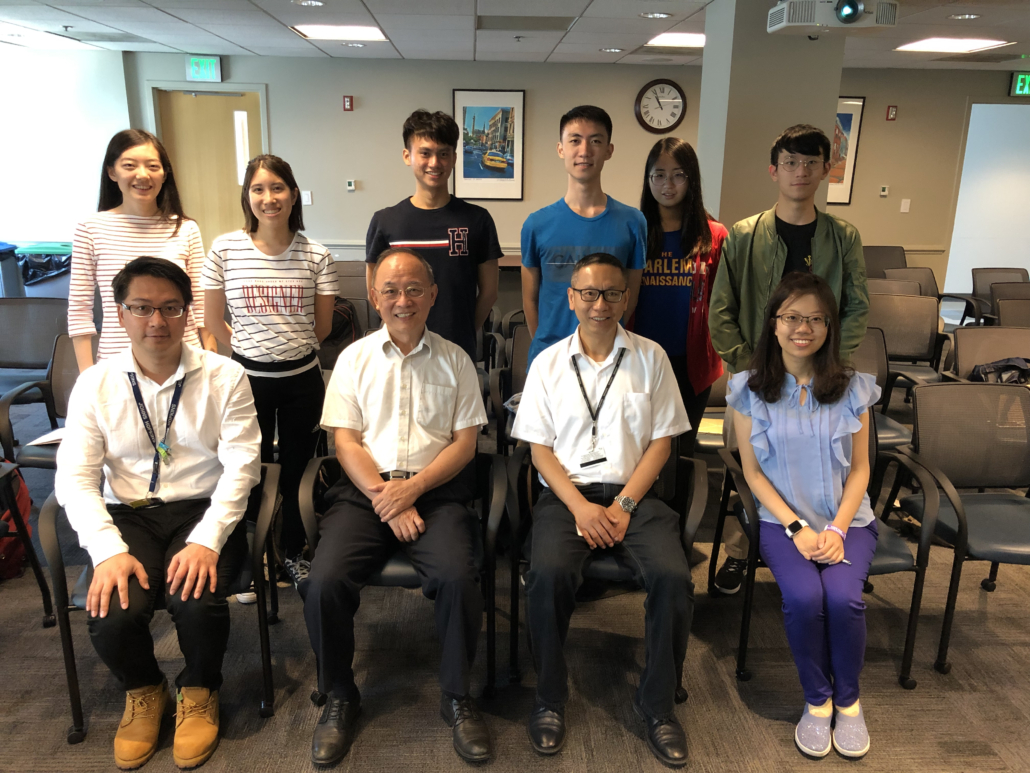
Dr. Shih and Dr. Wang not only arranged the whole program but also held some meaningful talks for TMU students to join.
Stepping into Pioneering Medical Research Laboratories
Dr. Yao-An Shen is an assistant professor at TMU and was trained at Hopkins, thereby he helped the seven TMU medical students with the application of JHU VISMED (Visiting Medical Student) program and escorted them to Johns Hopkins University on July 1, 2019. Sheng-Ni, who is now doing clerkship in her fifth year of medical school, stayed at the lab doing translational research on HPV vaccine at Hopkins, and was guided by Dr. T.C. Wu and Dr. Chien-Fu Hung. She learned to performed experiments including flow cytometry, mouse intramuscular and intraperitoneal injection, electroporation, plasmid preparation and DNA vaccine injection to develop preclinical models for HPV-related cancer. Meanwhile, one of the fourth-year medical students, Jian-Ping worked at the same laboratory for a novel detection technique – Single-Molecule Augmented Capture (SMAC), to identify molecules in fluid samples with high sensitivity. “We planned to apply this detection technique to cancer cell metabolite detection in blood samples and look forward to help in early diagnosis of cancer,” he noted.
Chih-Ning, in her fourth year of medical school, was under the guidance of Dr. Ie-Ming Shih and Dr. Tian-Li Wang, focusing on the study of the effects of PARP inhibitor olaparib in combination with other metabolic enzyme inhibitors for therapeutic gain. In the wrap-up presentation, she introduced the rationale of experiments and how she has learned to perform them independently. “In order to sensitize chemotherapy resistant clones with PARP inhibitors, we look closer into the metabolic alterations of these cell lines and we think glutaminase inhibitor could be a promising drug to meet our goals,” she stated. In addition, Geng-Hao, as fourth year medical student staying at the lab of cancer immunology, and guided by Dr. Sudipto, focusing on the study of immune-checkpoint, TIGIT and PVRIG. The topic he did, comparing T cells from immune-checkpoint knockout mice by flow cytometer, was very cutting-edge. Chun-Wei, also a fourth-year student, was under the supervision of Professor Angelo Demarzo doing research on immunohistology (IHC) for prostate cancer. Through an emerging technique, multiplex IHC, they investigated the expression of different protein markers in prostate cancer samples for identification of prostate tissue, efficacy of androgen-deprivation therapy and prognosis prediction.
Unlike all fourth-year medical students working at departments on Medical Campus, Katie was assigned at Professor Dr. Jeff Wang’s lab at Biomedical Engineering Department on the Homewood campus. She was doing research on the epigenetic mechanism of DNA methylation and participated in the project investigating the correlation between the methylation status of certain tumor suppressor genes with the progression of ovarian cancer. Being the only one second-year medical student, Wen-Hsing, expressed her interest in computer science and thus was assigned to work at Dr. Patrick Cahan’s lab on a computational tool, known as CancerCellNet. They computationally assess the transcriptional fidelity of different cancer models from several cancer types. “With the innovative tool we’ve developed, we aim to quantify the fidelity of cancer models to natural tumors based on expression profile,” she remarked.
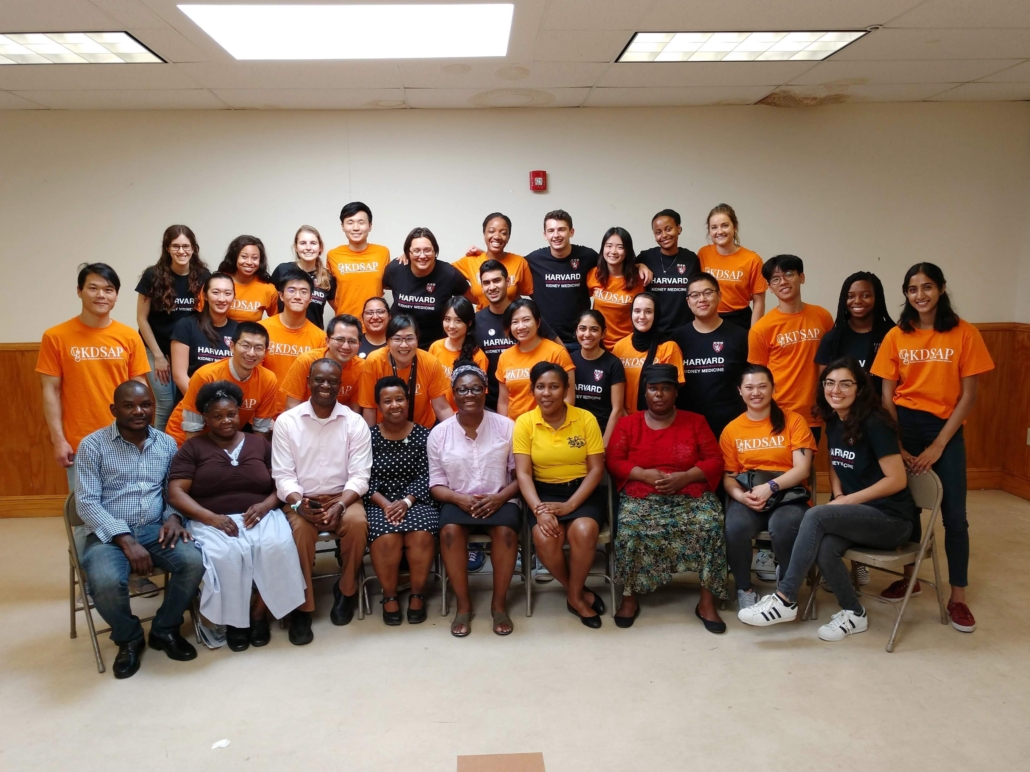
Group photo from the KDSAP screening program at Beulah Pilgrim Holiness Church
In the meantime, summer exchange at the Harvard Medical School is held by Dr. Li-Li Hsiao, the director of Center for Kidney Innovation & Care in the Renal Division of Brigham and Women’s Hospital. As the associate director of Harvard research program in kidney medicine for American undergraduate students, she offered TMU students the remarkable opportunity for those who have interests in scientific research. The five TMU Magpie Bridge program participants are blessed with the access to Harvard Medical School’s research resources and the rigorous academic-logic training which aims to achieve precision and excellence.
In addition to laboratory experiments, the program also arranged numerous events to give the trainees a deeper insight into the clinical aspect of medical practice, including weekly pathology conference and clinical shadowing sessions in ICU and renal clinic. The five TMU students also participated in the Kidney Disease Screening and Awareness Program (KDSAP), which is a student-run organization founded by Dr. Hsiao that partners with physicians and community members to provide free kidney screenings and health education to underserved populations, with university chapters across the nation. The students were able to learn how to communicate with the foreign underprivileged populations despite the language barrier, and still managed to deliver health information and screening precautions with professional fashion through teamwork and mutual understanding. It was a valuable lesson for the TMU students and a prized experience for possible society programs in the future.
Under the supervision of Dr. Hsiao, each student was provided a separate project with individual ownership. Instead of having the students work on prearranged lab-routines, the program took a different approach by having them design their own experiment sections. By understanding the project’s rationale and study-design thoroughly, the students had a much better insight into their respective projects and the idea of how to plot their research schedule accordingly. Furthermore, they were encouraged to construct their own hypothesis, while simultaneously sharpening their critical thinking ability through daily discussions. The students from TMU are entrusted by the mentors, since they exhibited the capability of working through encountered obstacles by themselves. The goal of this program was never about chasing temporal success on the project, but about adding more to the students’ arsenals for their career development, thus creating more possibilities in their future.
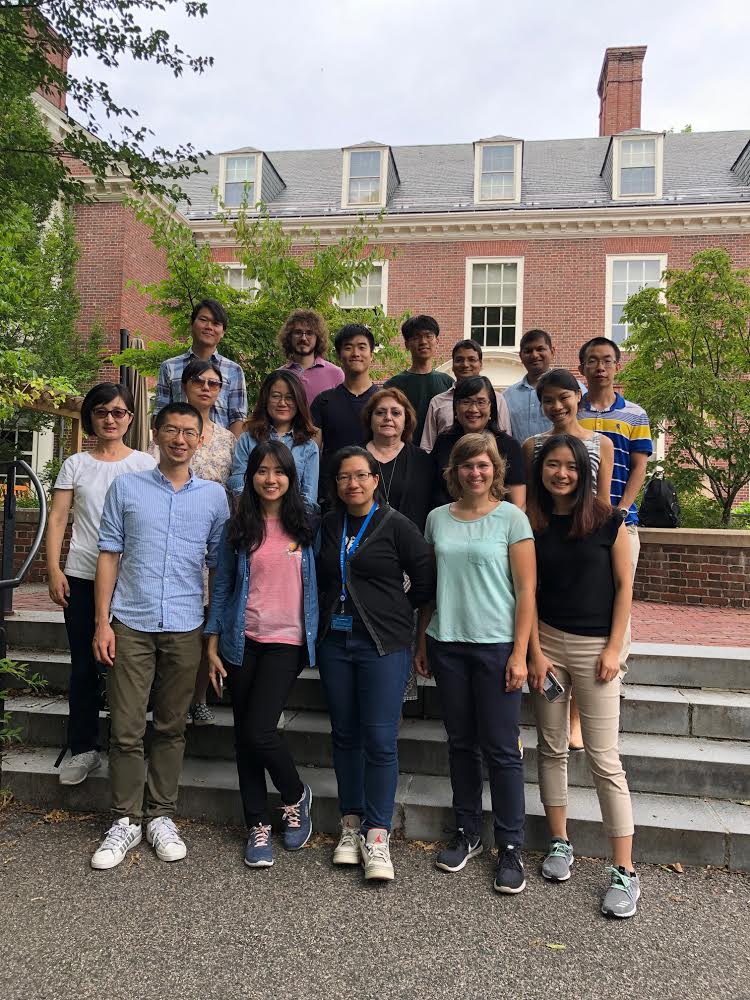
Farewell Lunch at the Harvard Faculty Club
Life Lessons in Laboratories, through Lectures, & Daily Life
Aside from learning techniques in laboratories, they also participated in the Hopkins’s seminar held every week. In each professor’s lecture, they would try to write down the understandable content and the final summary of each presentation and search the Internet for relevant information and learned about the latest knowledge in this field afterwards. They recalled memorable moments when Dr. Shih invited some prestigious Taiwanese scholars for a talk with them, invitees included Dr. Kenneth K. W and Dr. Tang-Yuan Chu. Dr. Kenneth K. W shared his experiences on studying abroad for a PhD since he graduated from the National Taiwan University, and later becoming an authority in hematology. “Through his talk we realized how he overcame all the challenges before he became an expert in this area. He also gave us some future career plan suggestions,” one of the students commented. They told us on a special evening spent with Dr. Shih when he taught them on the concept of “ABC” of doing research, where A stands for Asking the most important questions, B is telling you to do your Best, and C symbolizes the importance of Corporation. Whatever position you are at, whatever skills you have or haven’t acquired, you should do your best to learn, to give it a try and to accomplish the goals.
At Harvard, the students’ projects reflect their personal academic interests, therefore combined topics from multiple fields. They varied from wet-lab experiments contributing to locating novel clinical targets for renal and cardiovascular diseases, to bio-engineering project aimed to assist in the prognosis of kidney transplantation, and even biostatistics research focused on the biomarkers of colon/pancreatic cancer. Peer discussion took a big part of the students’ project progression. The ideas exchange between fellow researchers and the students led them to combine their respective fields of interests and to expand their vision. Meanwhile, they had numerous opportunities to communicate with trainees from other American universities who were also working on summer research programs in Boston. Their discussions invoked sparks of inspiration from the collision of knowledge from different backgrounds, thus given the ability to cross barriers and remove self-limitations.
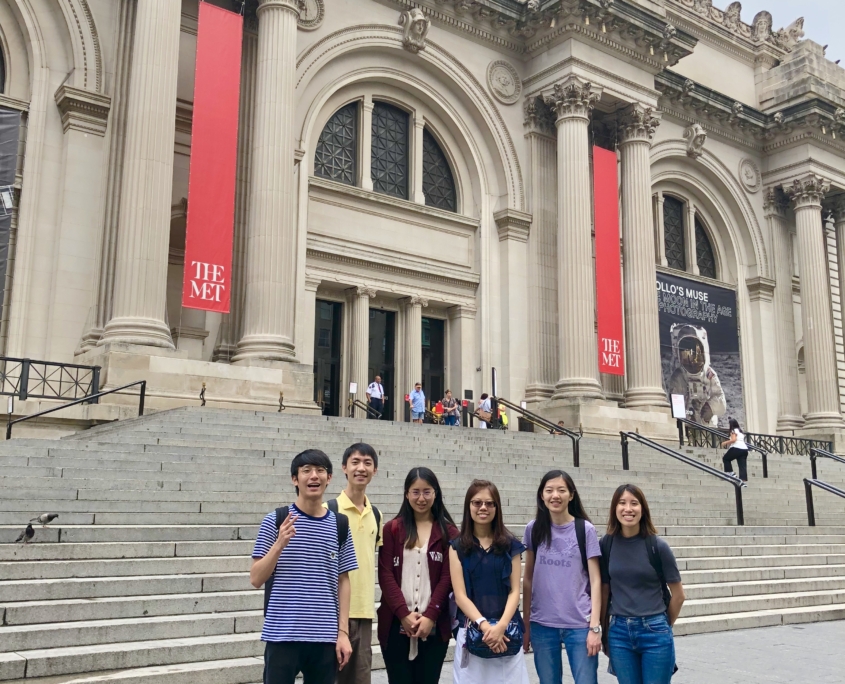
TMU students have a trip to THE MET at New York
Above & Beyond: What They’ve Achieved, What They’re Working on & What They’ve Planned for the Future
Students participating in this Magpie Bridge program have all accomplished great research results at Johns Hopkins after two months of hard work. Professors and mentors shared constructive advice and future perspectives with the students and exchanged ideas during the final presentation held on the last week of the program in Hopkins. Asides from giving a final presentation in Hopkins, they also had a talk held by TMU for doctors, colleagues and schoolmates sharing their accomplishments.
“We look forward to continuing their studies here at TMU and exchanging ideas with professors abroad,” one of the Professors declared. TMU envisions a selection of about 15-25 students each year to be part of this program, expecting to cultivate 150 outstanding talents in the next decade who can contribute to both the research and education system of our school.
After this summer exchange, some students have decided to plan for studying abroad. They have learnt a lot from Taiwanese students on applying master or PhD degrees overseas as well. Furthermore, some students would like to follow in Dr. Shih’s footsteps and become a physician-scientist in the United States. With the connection established, TMU anticipates the results of ongoing studies and selected talents to ameliorate remarkable insights into science research and global vision for the future of medicine.
Moreover, our students conceive the program as a long-term commitment. They remained in touch with their mentors to discuss their projects. With the returning offer, one of the participants from 2019’s program, Che Hao Tseng, will be visiting Brigham and Women’s Hospital again this year aiming to finish last year’s project and participate in the academic-essay writing. This is also the goal behind our programs: to form bonds between TMU students and world-class educators, and to create future assets to the field of medical research.
Besides, based on the long-term connection, some colleagues of TMU have settled down some key aims for future cooperation with Hopkins and Harvard, which includes but not limited to, translational research focusing on transcription factor inhibitors as antitumor drugs, combination therapy targeting tumor metabolic pathways and so on. Such as Dr. Shen will have some cooperation projects with the labs of Hopkins, he will also lead his research team visiting Johns Hopkins every year to learn the most updated techniques, strategies of new drug development and comprehensive metabolomics analysis.
By Magpie Bridge Program, the twelve TMU students have shown phenomenal progress after the summer exchange. They displayed mature and precise understandings regarding academic presentation, while making great pitch about their projects’ future outlooks. The students are the premises on the program’s progression on to the next phase. Their development and experiences can be passed onto the next group of students following their footsteps, ensuring the energy and pursuance of excellence can fuel their fellow students.
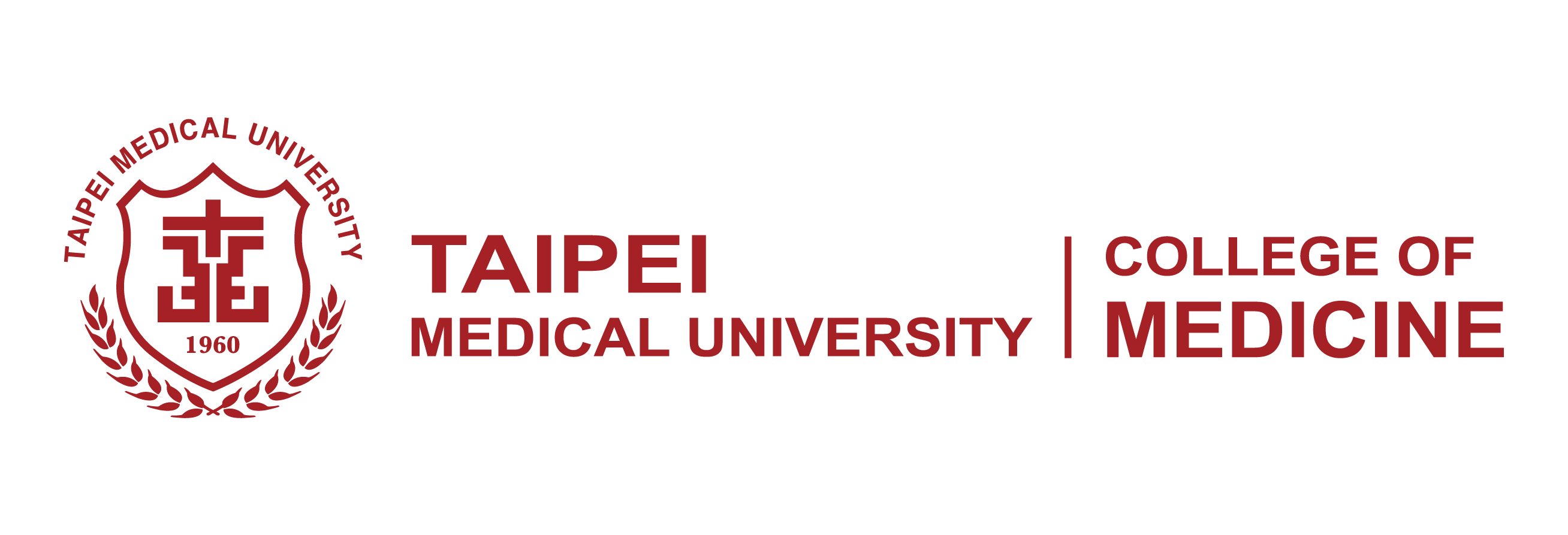
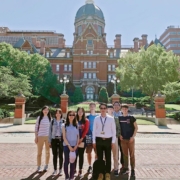
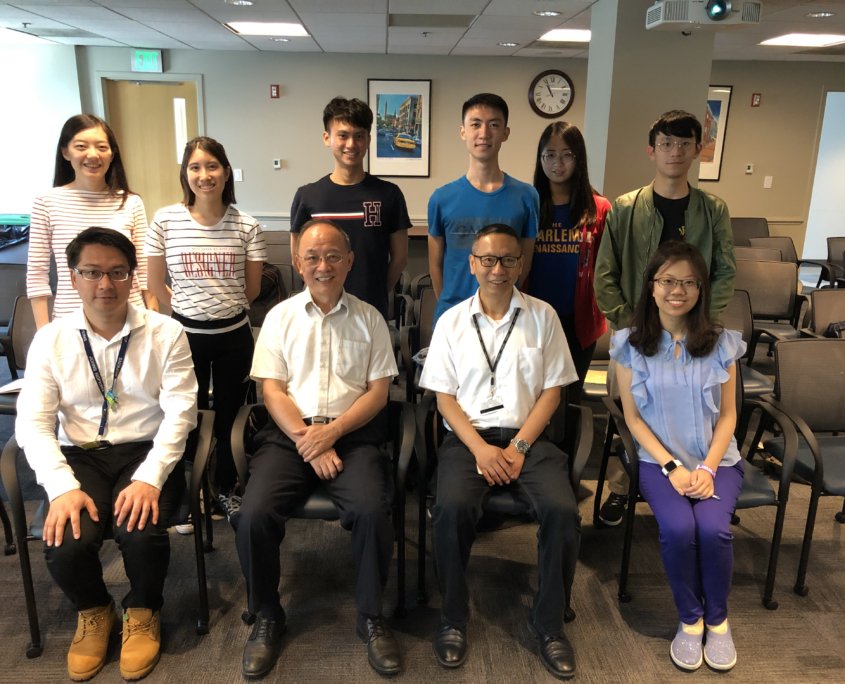
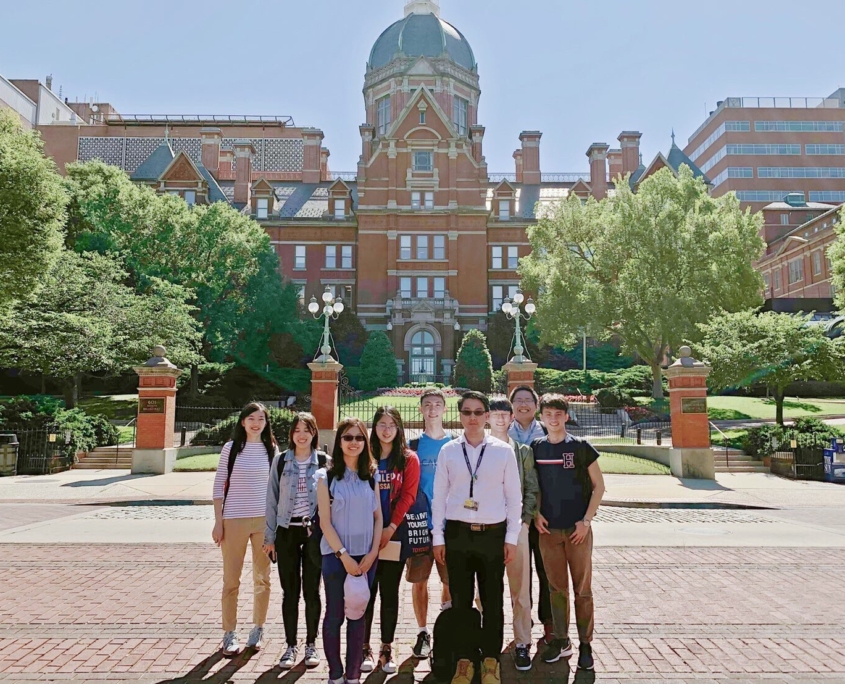
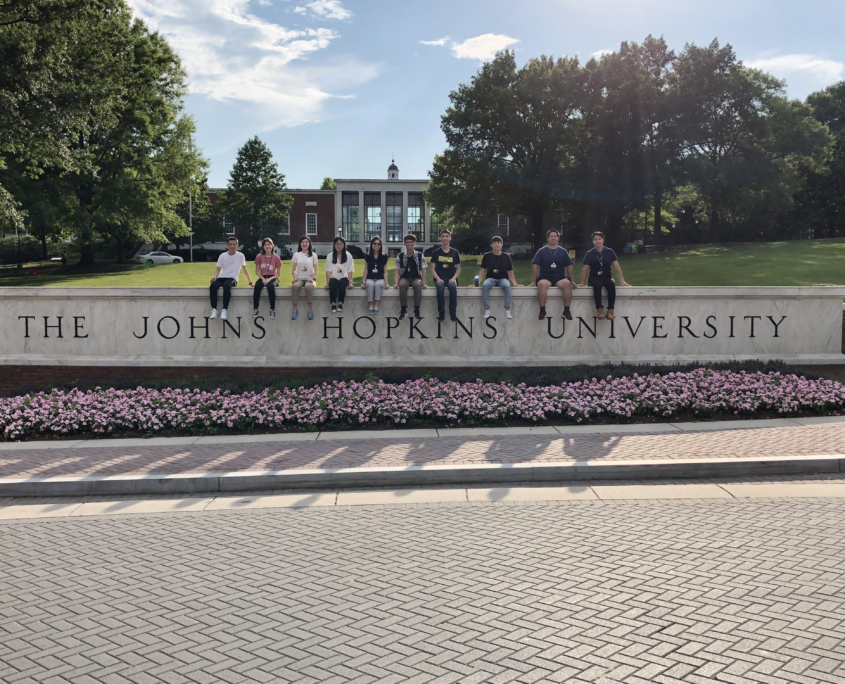
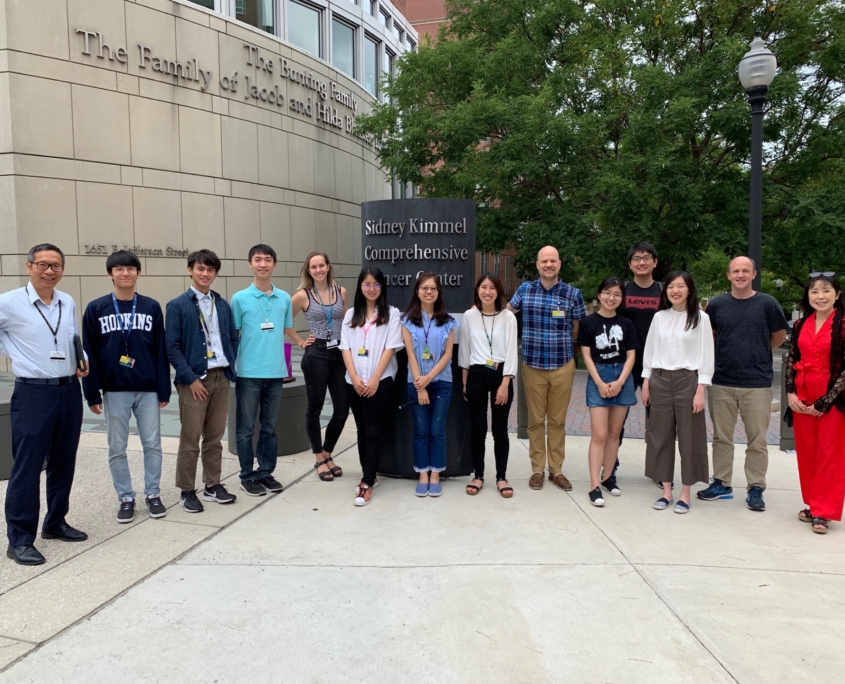
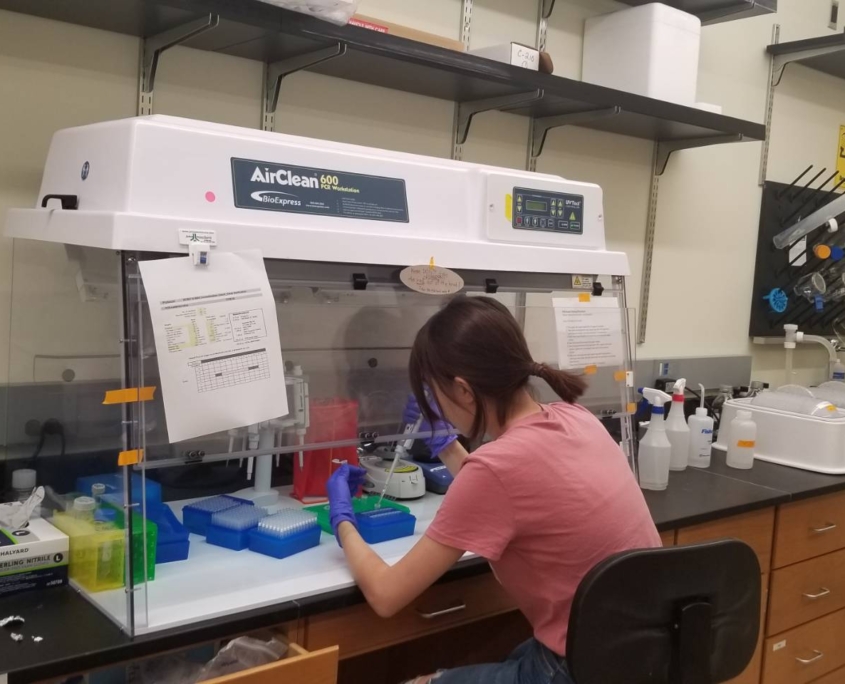
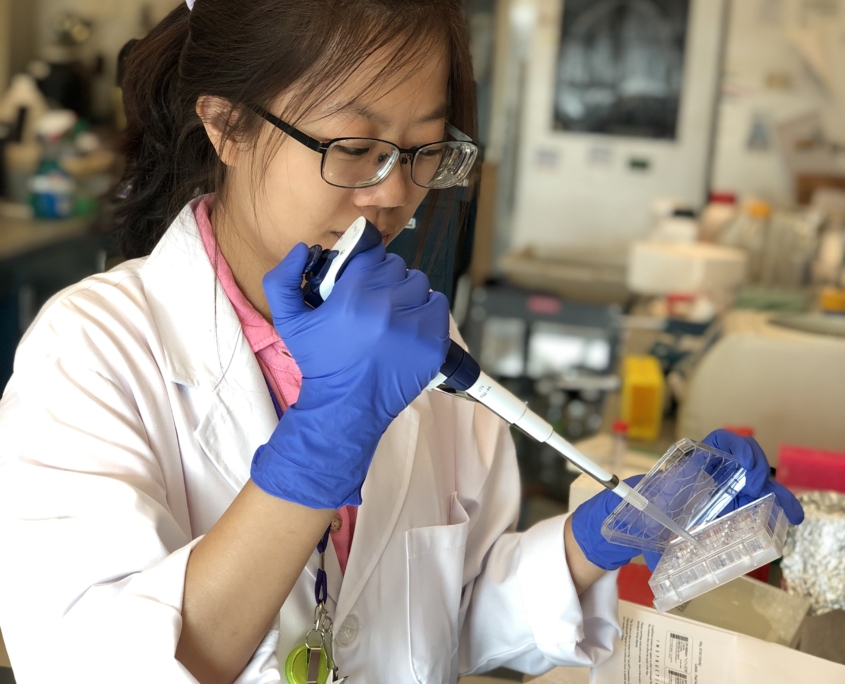
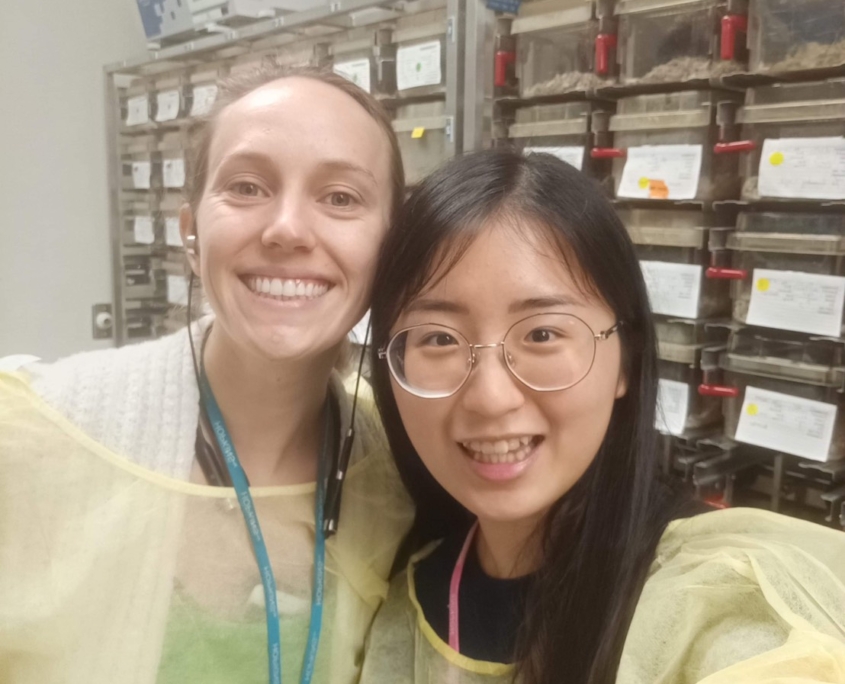
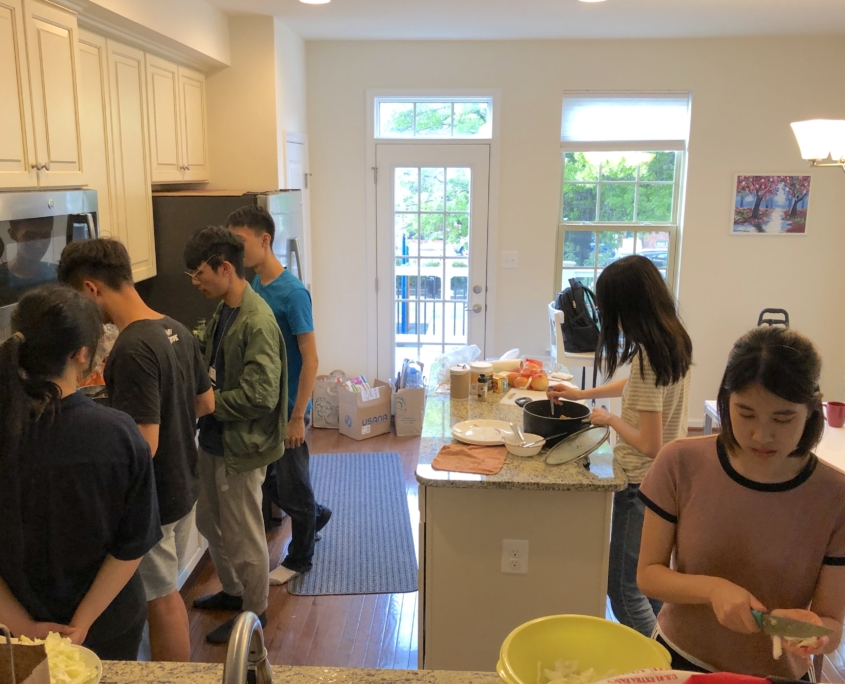
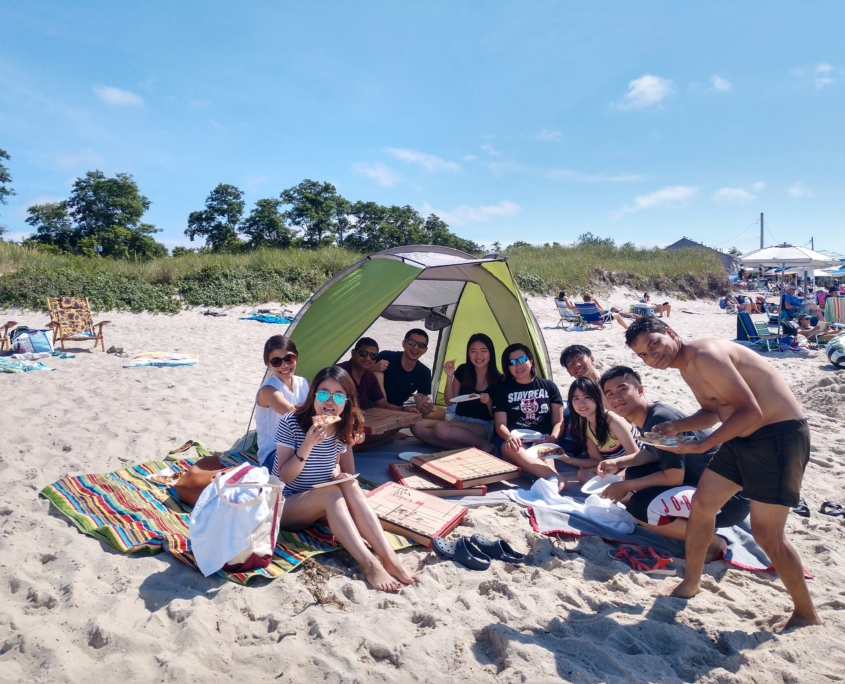
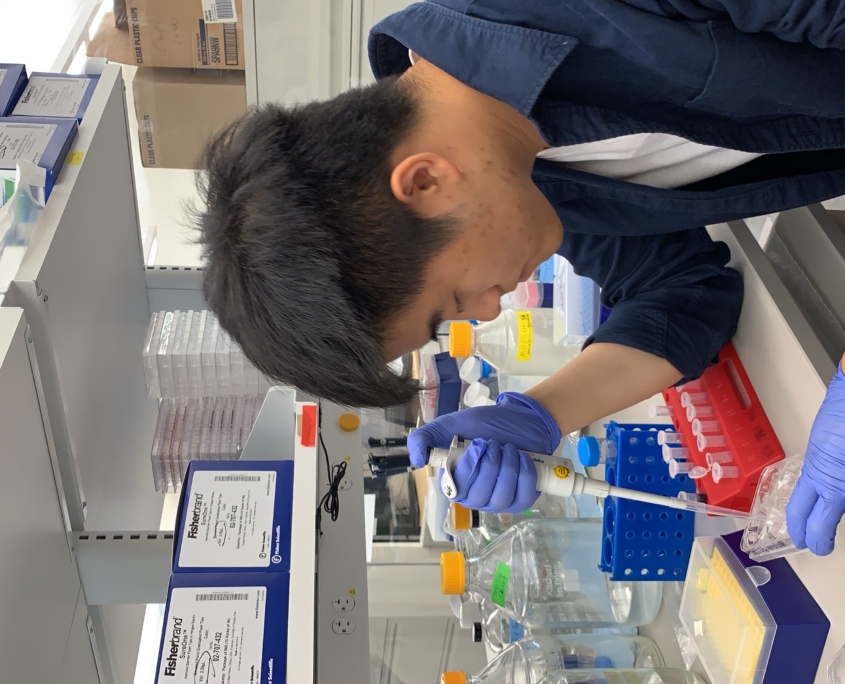
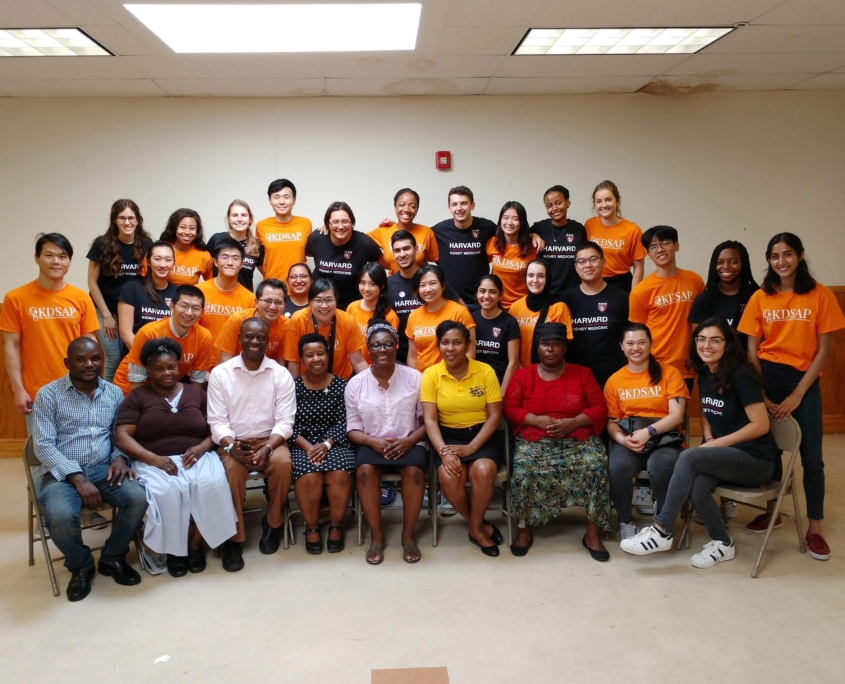
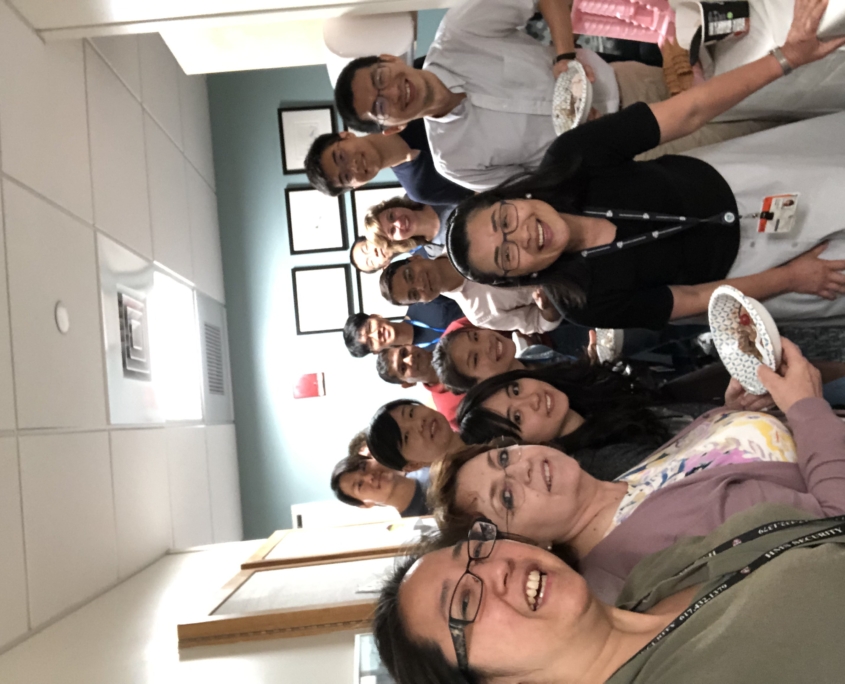
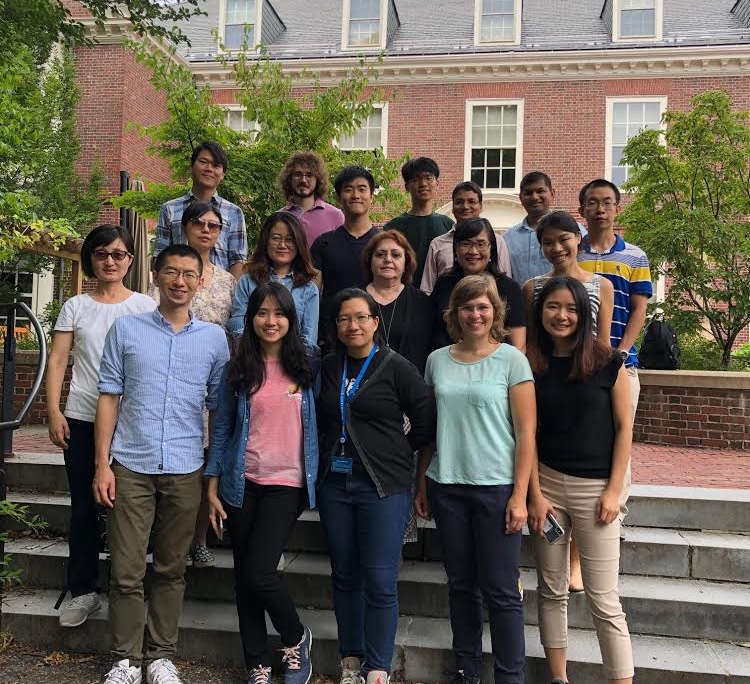
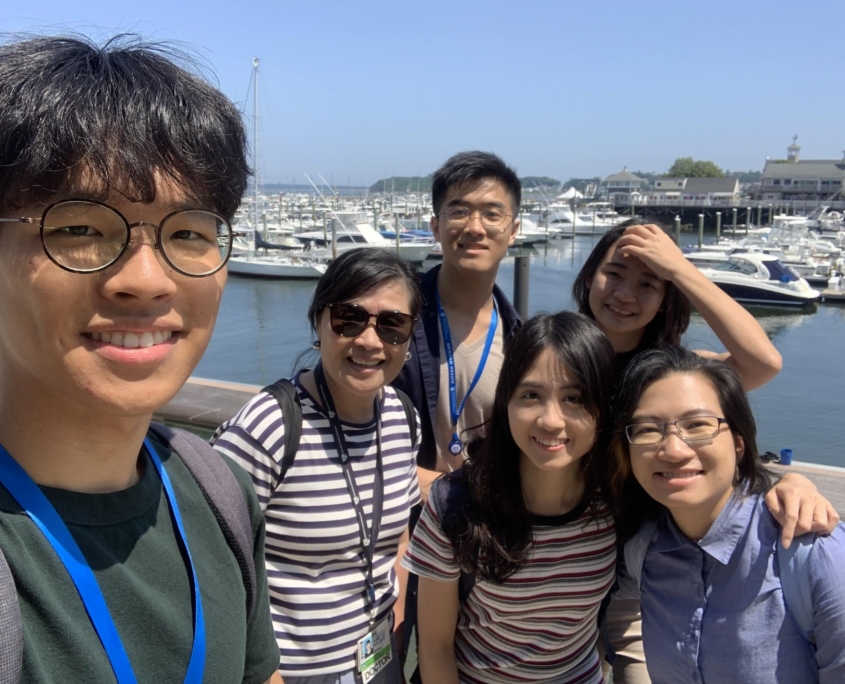
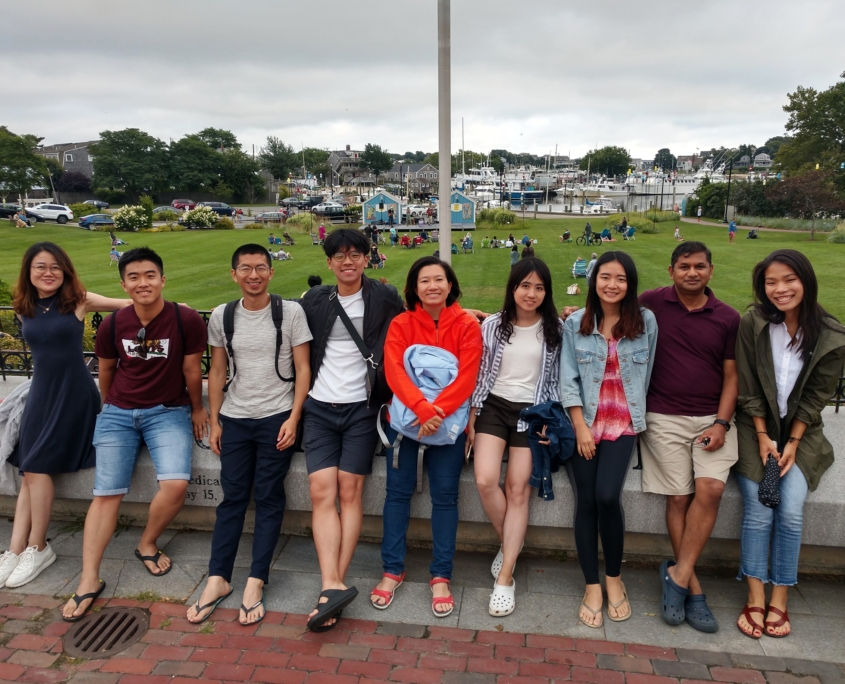








 Total Users : 128930
Total Users : 128930
